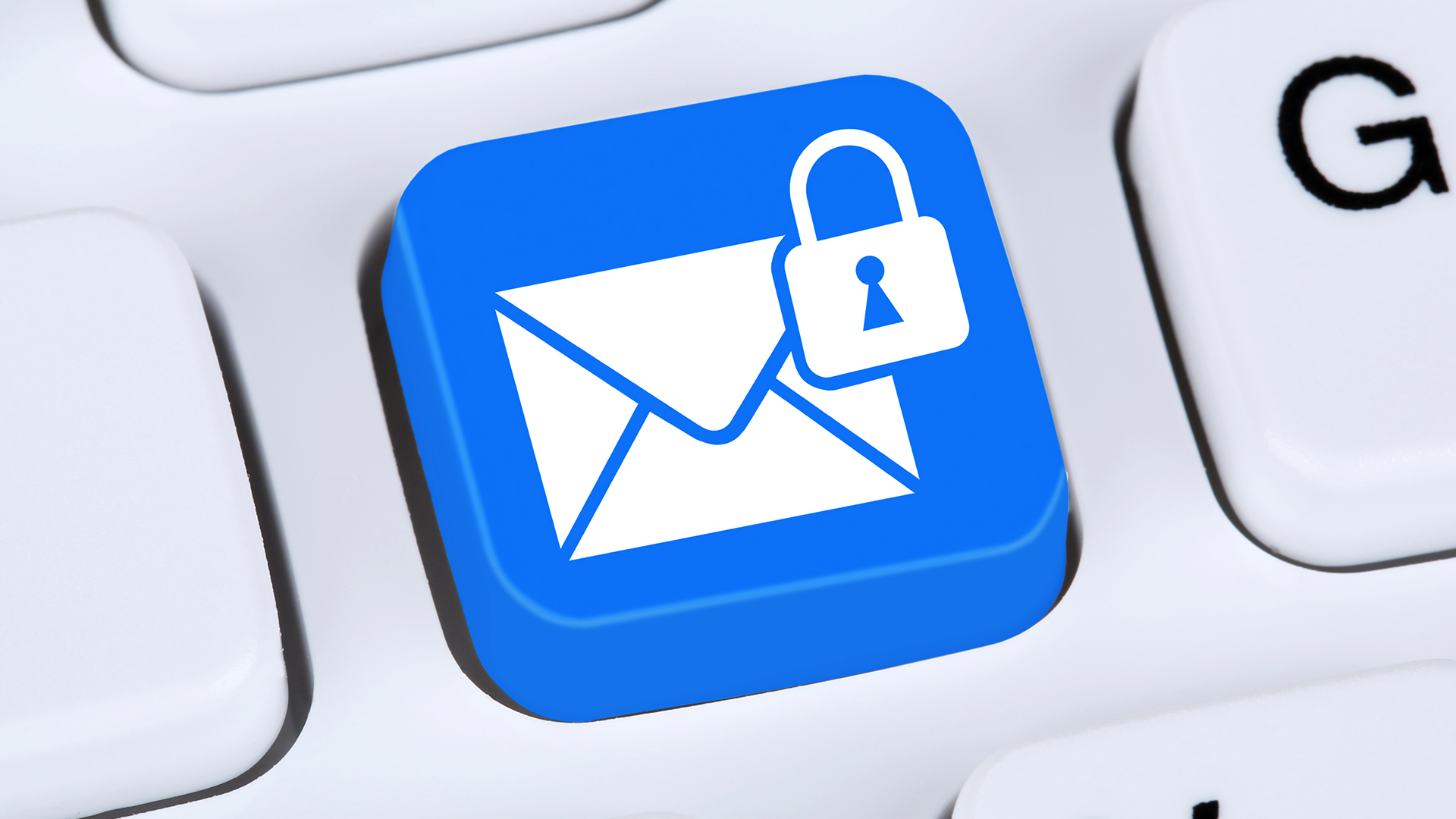Intelice Solutions: Blog

The Importance of Updating Your DMARC Policy for Enhanced Email Security
Email remains a primary communication tool for both personal and professional use, but it also continues to be a significant vector for cyber attacks. Recently, the FBI and NSA have emphasized a crucial step that all email users and administrators should take to bolster their email security: updating your DMARC policy. This recommendation comes in light of new security measures implemented by Google to protect Gmail users, highlighting the broader importance of domain authentication in preventing email-based threats.
Understanding DMARC
DMARC (Domain-based Message Authentication, Reporting & Conformance) is an email validation system designed to protect domain owners from spoofing and phishing attacks. It works by allowing domain owners to publish policies in their DNS records that specify which mechanisms (such as SPF and DKIM) are used to authenticate their emails and how receiving mail servers should handle messages that fail these checks.
The key configurations for DMARC policies include:
– v=DMARC1; p=quarantine: This policy instructs the receiving email server to quarantine emails that fail DMARC validation, treating them as spam.
– v=DMARC1; p=reject: This policy tells the email server to outright reject and block emails that fail DMARC checks.
The Importance of a Properly Configured DMARC Policy
Implementing a DMARC policy can significantly enhance your email security by reducing the risk of email spoofing and phishing attacks.
Here are some key reasons why updating and properly configuring your DMARC policy is essential:
Protection Against Phishing Attacks: Phishing attacks often rely on spoofing a trusted domain to deceive recipients. A correctly configured DMARC policy helps ensure that only legitimate emails from your domain reach your recipients’ inboxes, thereby reducing the likelihood of successful phishing attempts.
Maintaining Brand Integrity: Email spoofing can damage your brand’s reputation if attackers send fraudulent emails that appear to come from your domain. By implementing a strict DMARC policy, you can prevent unauthorized use of your domain and maintain your brand’s integrity.
Improved Email Deliverability: A well-configured DMARC policy can improve your email deliverability rates. Email providers are more likely to trust and prioritize emails from domains with strong authentication policies, ensuring that your legitimate emails reach their intended recipients.
Steps to Update Your DMARC Policy
Updating your DMARC policy involves several steps that can typically be managed within your email domain’s DNS settings.
Here’s how to ensure your DMARC policy is correctly configured:
Assess Your Current DMARC Policy: Check your domain’s DNS records to see if a DMARC policy is already in place. If not, it’s time to create one.
Choose the Right Policy: Decide whether to implement a “quarantine” or “reject” policy based on your email security needs. The “reject” policy provides the highest level of protection by blocking non-compliant emails, while the “quarantine” policy still offers substantial protection by sending suspicious emails to the spam folder.
Update Your DNS Records: Access your domain’s DNS settings and update the DMARC record. For example, a DMARC record with a “reject” policy might look like this: “v=DMARC1; p=reject; rua=mailto:your-email@example.com”.
Monitor and Adjust: After implementing your DMARC policy, monitor its impact on your email traffic. You can use the reporting feature (specified by the “rua” tag) to receive feedback on email authentication results and make adjustments as necessary.
The Role of IT Teams and Web Hosting Companies
If you manage a custom email domain, it’s crucial to involve your IT team or web hosting company in updating your DMARC policy. They can provide technical expertise to ensure the policy is correctly configured and effectively protecting your domain. For users relying on web-based email services like Gmail, these settings are typically managed by the service provider, so no additional action is needed.
Don’t Leave Your Email At Risk
Updating your DMARC policy is a vital step in strengthening your email security. By ensuring that your domain is protected against spoofing and phishing attacks, you not only safeguard your information but also maintain the trust and integrity of your communications. Don’t wait for a security breach to take action—review and update your DMARC policy today to stay ahead of potential threats.




